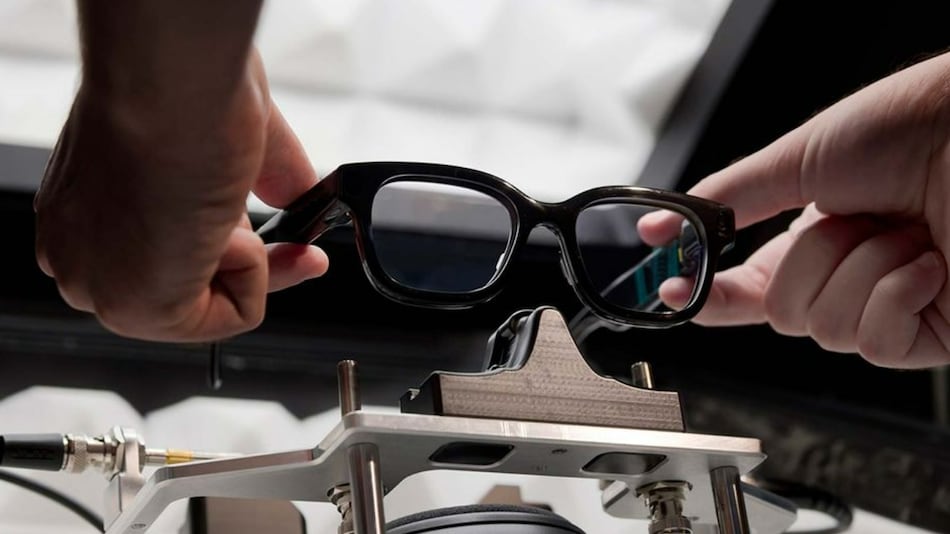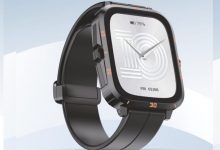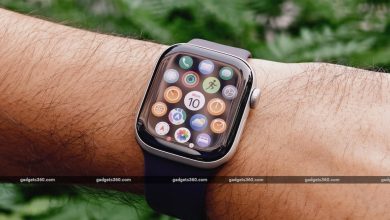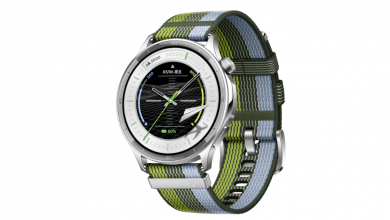AR glasses prototype combines Magic Leap’s waveguide and optical technologies with Google’s Raxium microLED light engine.

Google previewed its Android XR Glasses at its Google I/O Developers Conference in May
Click Here to Add Gadgets360 As A Trusted Source

Google and Magic Leap revealed a prototype of their new Android-powered XR glasses. This marks the first public showcase of Google’s concept smart glasses since their brief appearance at Google I/O in May this year. AR glasses prototype combines Magic Leap’s waveguide and optical technologies with Google’s Raxium microLED light engine. The two companies also announced a renewed three-year collaboration to advance XR development. This unveiling comes a week after Samsung entered the Android XR space with the launch of its Galaxy XR headset.
Android XR Smart Glasses Prototype
At the Future Investment Initiative event in Riyadh, Google and Magic Leap showcased a prototype of their Android XR smart glasses. The prototype features thick frames to house onboard electronics. It has a camera, microphones, an in-lens display and speakers. While Magic Leap hasn’t shared many technical details yet, the company did confirm that the glasses combine its proprietary waveguides and optics with Google’s Raxium microLED light engine.
“The two companies are developing display technologies that make all-day, wearable AR more achievable. Magic Leap’s device services integrate display hardware to ensure visuals are stable, crisp, and clear”, said Magic Leap in a release.
Additionally, Magic Leap and Google have extended their partnership with a new three-year agreement. As part of this effort, Magic Leap said it will support global tech players aiming to enter the AR space, offering its expertise to accelerate the development and production of AR glasses.
The on-stage demo showcases how the Android XR prototype understands real-time conversations and takes actions on the user’s behalf with their permission. The Gemini AI can interpret and respond to real-world scenes in real time through the Android XR glasses. The smart glasses allow users to ask questions about what they’re seeing and offer AI-powered, relevant answers to the wearers.
The latest announcement closely follows Samsung’s entry into the Android XR space with its Galaxy XR headset. It also runs on Google’s new Android XR operating system and is priced at $1,799 (roughly Rs. 1,58,000) in the US, where is it available in a 16GB RAM + 256GB storage variant.
Google previewed its Android XR Glasses at its Google I/O Developers Conference in California in May this year. The company has associated with Samsung, Gentle Monster, and Warby Parker to design smart glasses. During the first showcase, the company offered a demo of the live language translation feature. It can be used for making conversations, taking appointments, getting directions and capturing photos with the paired smartphone.






